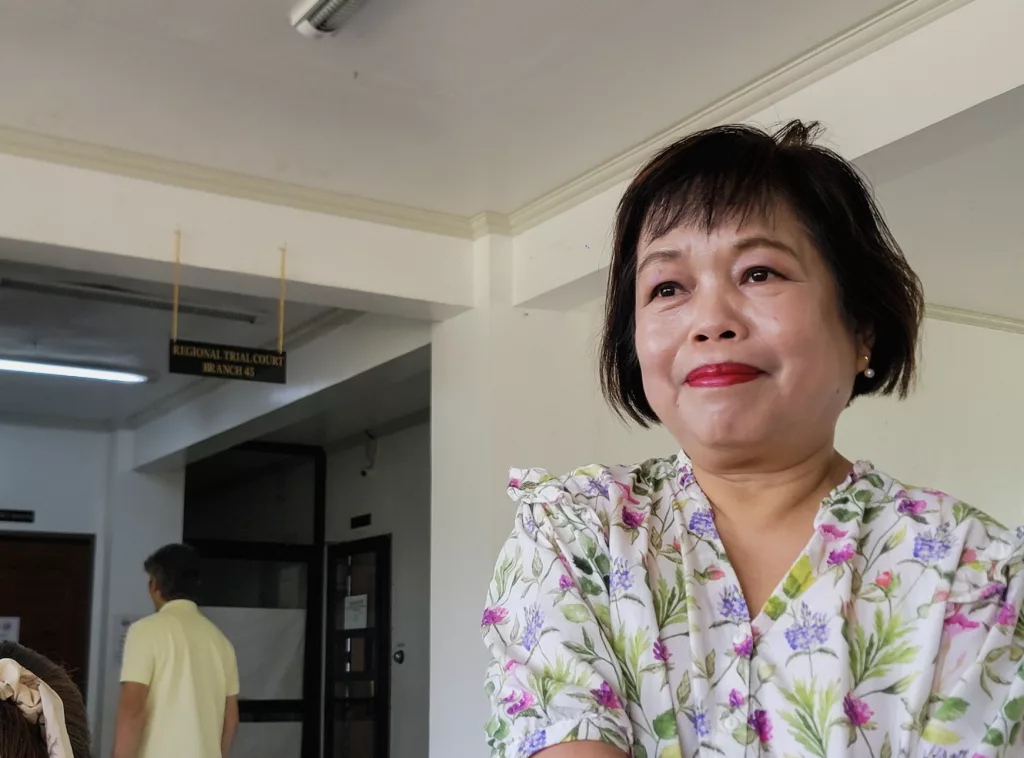The 2015 earthquake and now, the global pandemic, have devastated Nepal. But affordable housing NGO, Community Impact Nepal, are supporting a growing network of women and young people to take the lead to rebuild from the ground up. Pratik Singh Parmar, Project Manager, explains how.
It is six years since the 7.8 magnitude earthquake hit Nepal. Out of 800,000 houses destroyed, 150,000 families have not yet rebuilt their homes. Just like the earthquake, it is the poorest and most vulnerable who are hit the hardest in the COVID-19 economic crisis. Poor, rural families dream of safe, hygienic homes but face many challenges – deep rooted poverty, lack of jobs, and poor road infrastructure making far-away materials expensive.
Empowering women and young people to build using local materials
Community Impact Nepal is supporting a growing network of women and young people with machines and training to become entrepreneurs, brick-makers, and masons. They invest their savings and hard work to start making eco-friendly CSEB (compressed stabilised earth block) bricks and build safe houses at low cost.
Meet four inspiring enterprises:
Swostika is a journalist who has covered social issues and women’s empowerment for many years. After securing an order for 15 houses, she started her own CSEB enterprise. In only eight months, Swostika and her team have produced 145,000 CSEB bricks, building nearly 100 houses. Her enterprise is growing rapidly and Swostika has become a fantastic role model for women and girls in her area – wanting to know how they can become independent earners just like her.

Ramesh (25) and Hari (26) recently returned to Nepal from migrant work in the Gulf and were determined to create a source of income in Nepal. Together with their childhood friend Dadhiraj (28), they started an agri enterprise. They were unable to make it a success, but they did not give up and started looking for new opportunities.
Within 18 months of starting their CSEB enterprise, they have built 125 homes and added two more machines to scale-up.
“Many youth in this area are forced to migrate for work… Our factory is helping to feed more than 22 families in this area.”
Manju, Saraswati and Subhadra are three driven women entrepreneurs in Byas, an earthquake-hit village in Tanahun district. Coming from a humble background, they have worked their way up in agriculture as part of the local women’s co-operative and then starting a CSEB enterprise. They have built 20 houses and two community buildings within only 12 months. All three are very active in the enterprise and have hired a few locals to help out in the production.
“Construction is a male dominated sector. It has required hard work but we are happy we have been able to start our own enterprise.”
Jeevan (32) is a young entrepreneur with a challenging upbringing. At the age of 16 he was enrolled in the Maoist army and after 10 years of bloody rivalry, the insurgency finally came to an end in 2006.
After a 10-year reintegration process, Jeevan partnered with three friends and started a CSEB enterprise in his village. Jeevan and his team have done very well in a very short time; building over 100 houses, a hospital and several community buildings within only two years.

Community Impact Nepal started out as a small team helping poor families to rebuild after the 2015 earthquake. We soon realised that the only way to build at the scale required in poor, rural villages is by empowering local entrepreneurs and families to build on their own – as the stories above illustrate. By using local materials to produce bricks, CO2 emissions and costs are significantly reduced, making the dream of safe, affordable housing a genuine possibility for all.
COVID-19 has setback poverty reduction in Nepal, but the main impact on our work so far – especially compared to what we first expected – has been the large influx/return of migrants and young people back to rural villages. The pandemic has been very challenging, but the return of young and driven people has also become an opportunity for us to start more local construction enterprises than any year before, which has accelerated the scale-up of our model and technology for safe, affordable housing.




